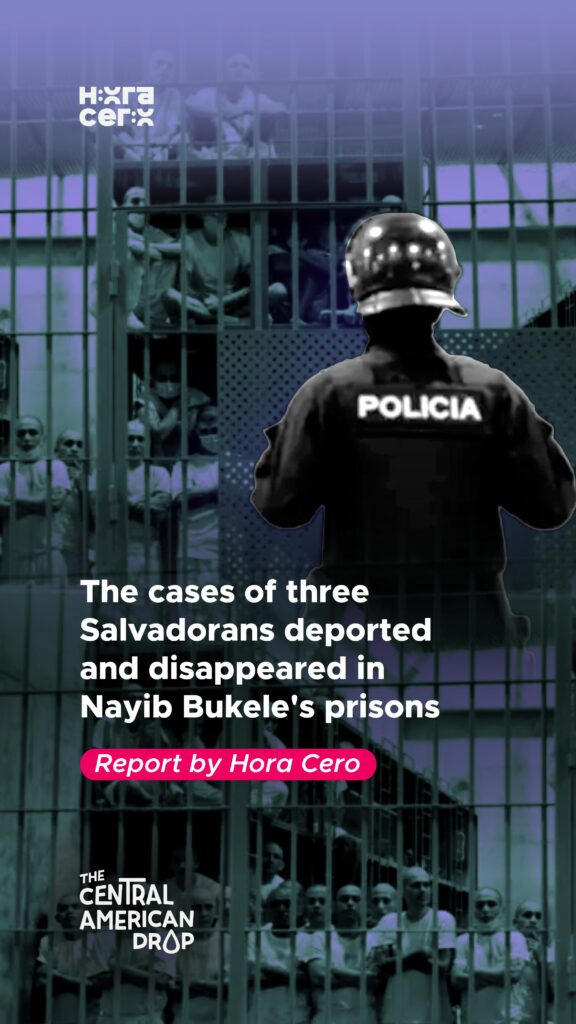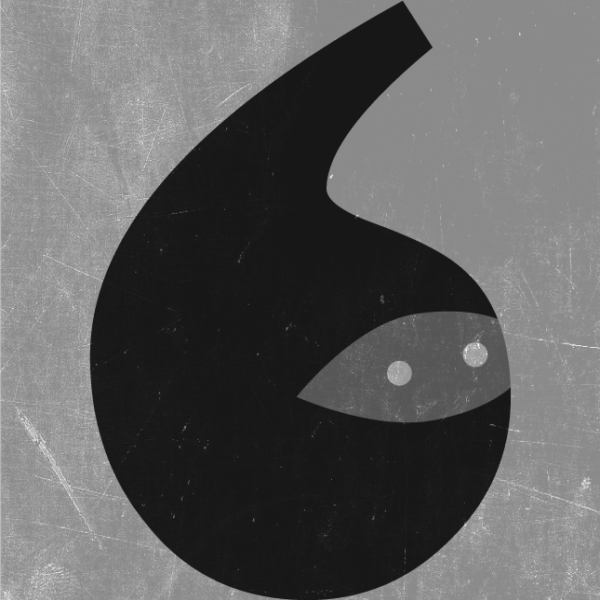
The cases of three Salvadorans deported and disappeared in Nayib Bukele’s prisons
Maldito País
octubre 7, 2025
A report by El País documented the cases of three Salvadorans deported from the United States and sent to Nayib Bukele’s prisons, along with hundreds of Venezuelans accused, without evidence, of belonging to the Tren de Aragua group.
José Osmín Santos is a 40-year-old man who worked as a bricklayer in New York and was detained by immigration agents. After being detained, he was deported to El Salvador, and his family has not had contact with him since early April.
U.S. authorities say he was deported, but Salvadoran authorities refuse to answer questions from journalists and lawyers about his whereabouts.
Attorney Kelvi Zambrano, who has taken on cases before international bodies, has filed habeas corpus in the case of José Osmín and other missing persons but has yet to receive any information.
William Martínez is a 21-year-old young man who came to the United States to reunite with his mother. He was deported and detained when he attempted to re-enter the country illegally.
Since his deportation, his family has had no contact with him, but they believe he is in the Santa Ana prison. The family contacted Kilmar Ábrego García, the Salvadoran who became an icon of the cruelty of Trump’s immigration policy, who informed them that he had been with William in that prison.
Brando Sigaran, a 22-year-old man, was arrested by police in February 2024 while leaving for work with his brother. He was sent to a detention center in Dallas, Texas. His family spent more than $25,000 on lawyers and legal fees.
Although Brandon arrived in the United States at age 9, fleeing gangs, immigration judges dismissed his case and ordered his deportation. In early March, Brandon called his family for the last time and announced he would be sent to El Salvador.
The judge who signed his deportation order said Brandon had not committed any crime and would be released upon arrival in the country. The family hired a lawyer in El Salvador who confirmed that the young man was in the CECOT (Center for the Protection of the Rights of Persons with Disabilities) and could no longer pursue the case due to fear of retaliation from the Bukele administration.
These three cases have been presented as evidence of enforced disappearance before the Inter-American Court of Human Rights. None of them have been officially accused of gang membership.


